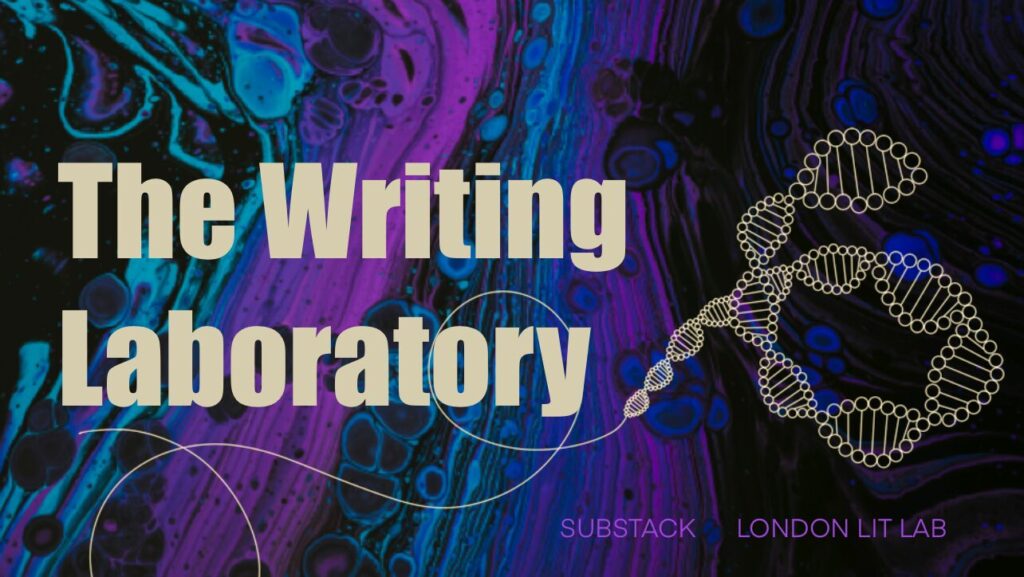Tip
Writing in a non-traditional narrative form can open up new possibilities and release creativity. Constraints tend to do this, but an unusual form will also mean you write in a slightly different voice from one you might usually choose.
Writing a story in the form of a list, for example, can free you up from prose-styling, and force you to think about sub-text. Often, in a story like this, we are asking the reader to read between the lines, or to gradually accumulate information that allows them to see the story underneath. This is something we should aim for in a more conventional story, anyway. Writing in an unconventional form is more obviously playful, and you can have fun with dropping hints and making connections.
Lydia Davis and Jon McGregor are two writers who do this well. There are stories (of theirs, and by other writers) in the form of an address, one half of a conversation (e.g. questions without the answers), shopping lists, an index (see J G Ballard’s ‘The Index’), fragments of memory, user manuals, footnotes, instant messages or letter exchanges.
If you are struggling with a story, or don’t know how to deal with an idea you already have, you can try one of these.
Exercise
Read these two unconventional short stories, published online by Pank Magazine:
‘Mastering the Art of French Cooking’ by Art Taylor
‘Lover’s Breath: Owner’s Manual’ by Nick Lane
Now think of a task that requires instructions. Here are some suggestions, if you get stuck:
- A recipe
- A flatpack piece of furniture
- Setting up a gadget
- Directions to a location
- Sewing pattern
- How to build a… home smoker, a dog kennel, anything
Now think about what the person doing this could be planning to use this thing for that is not the standard use, and why – a nefarious reason? A tragic reason? Revenge or a tool for manipulation? Think up a scenario. Write out instructions and get the character thinking about something from the past or a plan for the future.
This tip is from Zoe Gilbert, who teaches our online courses, Folk Tales in New Fiction and Summer Seminars: Fantastic Literature.

